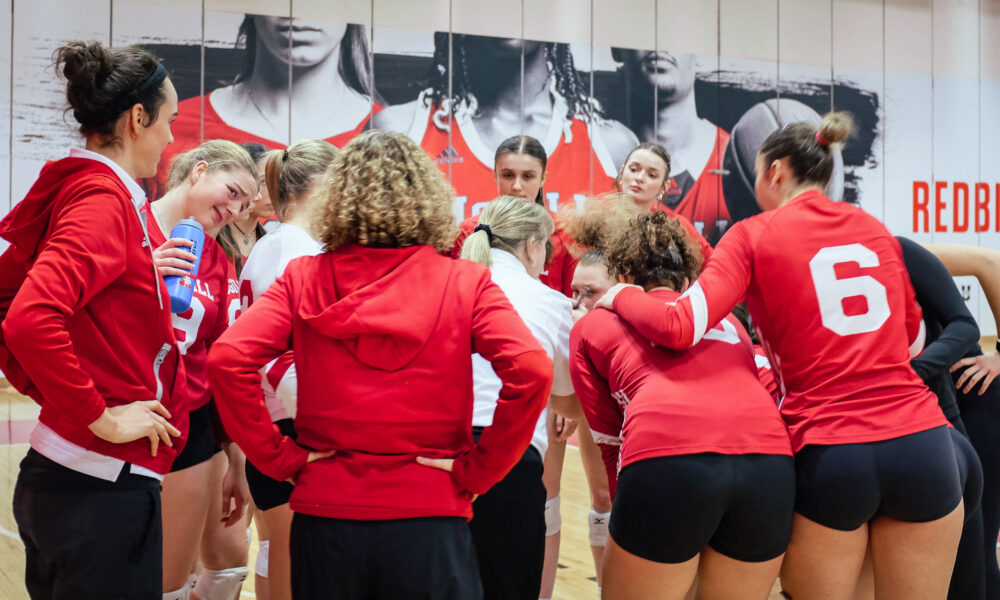What does it take to win consistently at the highest level of Olympic and professional sports? While a growing body of research is examining serial winning coaches—those who have led teams and athletes to gold medals and championships over extended periods—most studies have focused exclusively on their triumphs, leaving a critical gap in understanding how they navigate periods of adversity.
In light of this, Madison Fraser, a researcher at the McGill Sport Psychology Research Laboratory, collaborated with Gordon Bloom, a professor of Sport Psychology at McGill and the lab’s director, to investigate how successful coaches handle difficult seasons. Their study sheds light on the strategies elite coaches employ when facing challenges that threaten team success and morale.
At the core of high-performing teams is team culture—the shared goals and behavioural norms that unite athletes. While strong team culture fosters unity and cohesion, poor culture can lead to miscommunication and conflict as athletes operate under different behavioural guidelines.
Fraser identified athlete motivation as a key factor in cultural breakdown within the team.
“Several coaches mentioned a lack of drive within their team, where they had been successful for so long that senior athletes developed a mindset of ‘we’re going to win.’ Winning became more of an expectation [than an aspiration]. They were missing that extra motivation to strive for excellence,” Fraser explained in an interview with The Tribune.
The study also revealed the disruptive influence of what coaches considered “problem athletes”—those who often fail to uphold team values.
“Sometimes there’s role conflict—the athlete wants to be the star player while the coach [envisions them as] a role player. In other cases, athletes might come from environments where selfish behaviour was tolerated,” Bloom said in an interview with The Tribune.
Coaches have developed various strategies to address these challenges, including early identification of potential issues, establishing clear expectations, and building meaningful relationships with athletes.
However, the first encounter with a challenging season often proves particularly daunting, even for experienced coaches. The study revealed that post-season reflection emerged as a crucial practice, with coaches analyzing both their actions and those of their athletes to implement improvements for subsequent seasons.
Another key finding was the importance of strong social support networks—from family, staff, or organizations—to help coaches better handle stress during difficult periods.
“Coaches need to feel like they are not carrying the weight of their team’s success alone. That was a real struggle for a lot of them this season. Some even felt their universities weren’t as supportive once the team stopped winning, despite years of success,” Fraser said. “Having that social support is huge. It can really help reduce pressure and support overall well-being, which is something we’ve seen backed up in research, too.”
While this study focused on Canadian university coaches, Fraser acknowledged the need for broader research across different coaching contexts and levels. Future research following coaches over longer periods could provide greater insights into the psychological flexibility that impacts the fluid nature of team culture throughout a season.
Additionally, the findings were limited to the perspectives of head coaches, suggesting future research could benefit from including insights from athletes, assistant coaches, or other team personnel.
Bloom also emphasized the importance of incorporating crisis management into coach education.
“In coach education classes, we don’t focus on what to do when things fall off the rails. High-level coaches need preparation for handling their first bad season,” Bloom said.
This research underscores that even the most accomplished coaches face significant challenges. Their ability to learn from these experiences and implement strategic changes often determines their long-term success. By better understanding how elite coaches navigate difficult seasons, the sports community can better prepare future leaders for both triumph and adversity.








